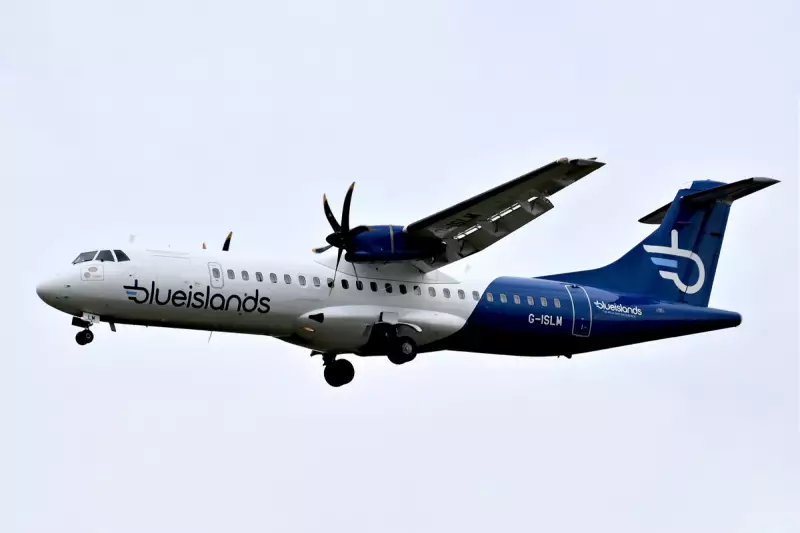
Holidaymakers and business travellers faced significant disruption in 2023, with regional carrier Blue Islands earning the unfortunate distinction of Britain's least punctual airline according to official Civil Aviation Authority (CAA) data.
The analysis reveals a stark picture: a staggering 47% of Blue Islands' flights failed to arrive on time last year, with nearly half of all passengers experiencing delays exceeding 15 minutes. The airline's performance was notably worse than the industry average, painting a frustrating picture for those relying on its services.
The Punctuality League Table: Who Else Performed Poorly?
Blue Islands was not alone in its struggles. The CAA's comprehensive data set highlighted other carriers that fell short of passenger expectations:
- Loganair followed closely, with 43% of its flights arriving late.
- TUI secured the third-worst spot, with a punctuality rate of just 63%.
- British Airways also featured in the lower end of the table, though its performance was split between its short-haul and long-haul services.
What Constitutes a 'Late' Flight?
For the purpose of this data, the CAA defines a flight as 'on time' if it arrives at the gate within 15 minutes of its scheduled arrival time. Any delay beyond this threshold is recorded as a late arrival, a standard metric used across the global aviation industry to measure operational performance.
The Ripple Effect of Flight Disruptions
Chronic delays create a cascade of problems for passengers. Beyond the obvious inconvenience of missed connections and wasted time, travellers often face:
- Financial penalties from pre-booked ground transportation or hotel reservations.
- Increased stress and anxiety, particularly for those travelling for time-sensitive events.
- Loss of confidence in the airline and the broader air travel system.
This data serves as a crucial tool for consumers, empowering them to make more informed choices when booking travel and managing expectations for their journeys.





